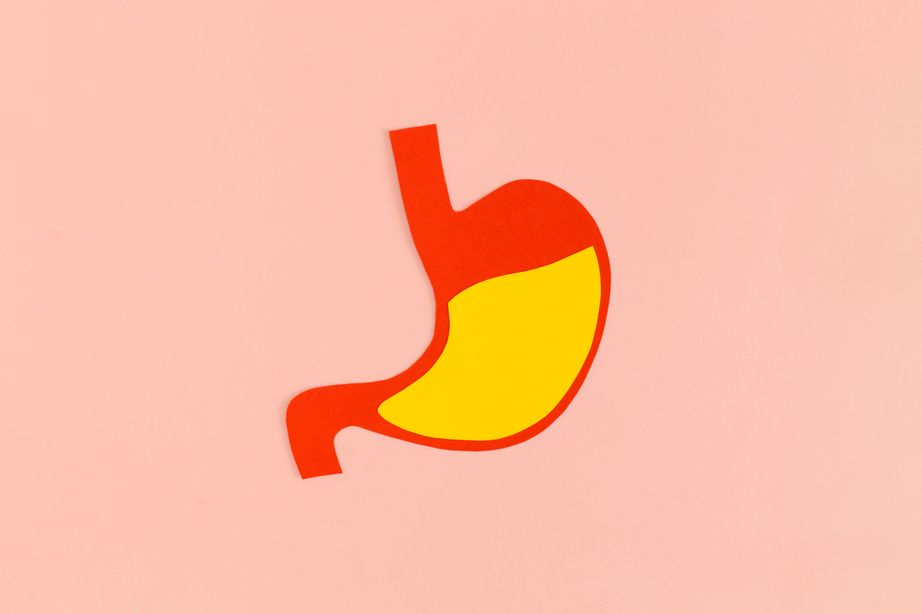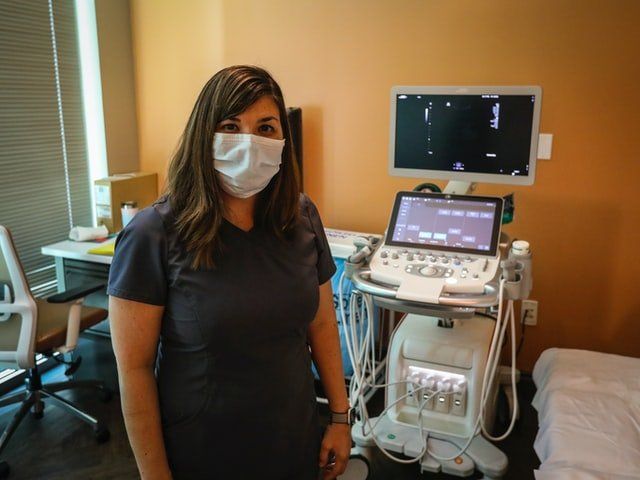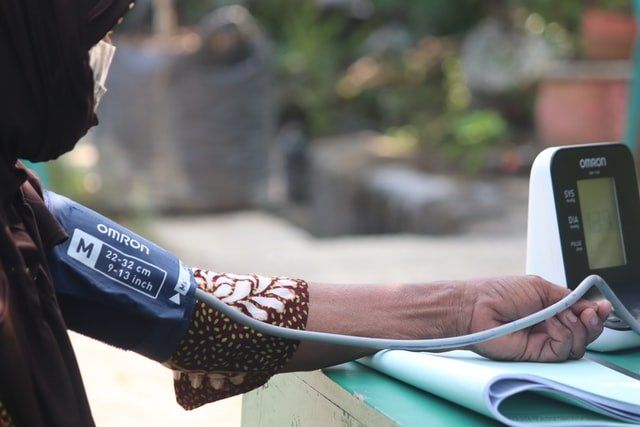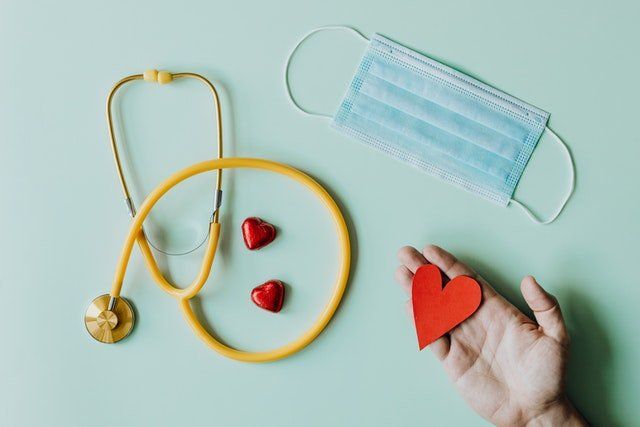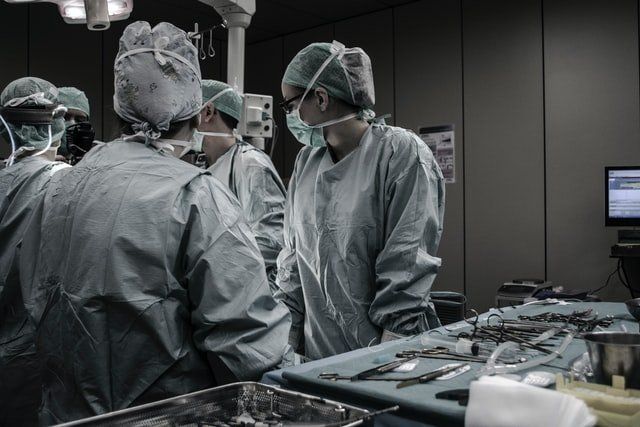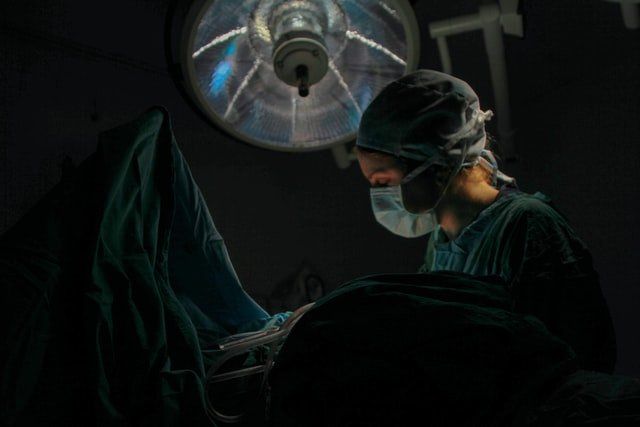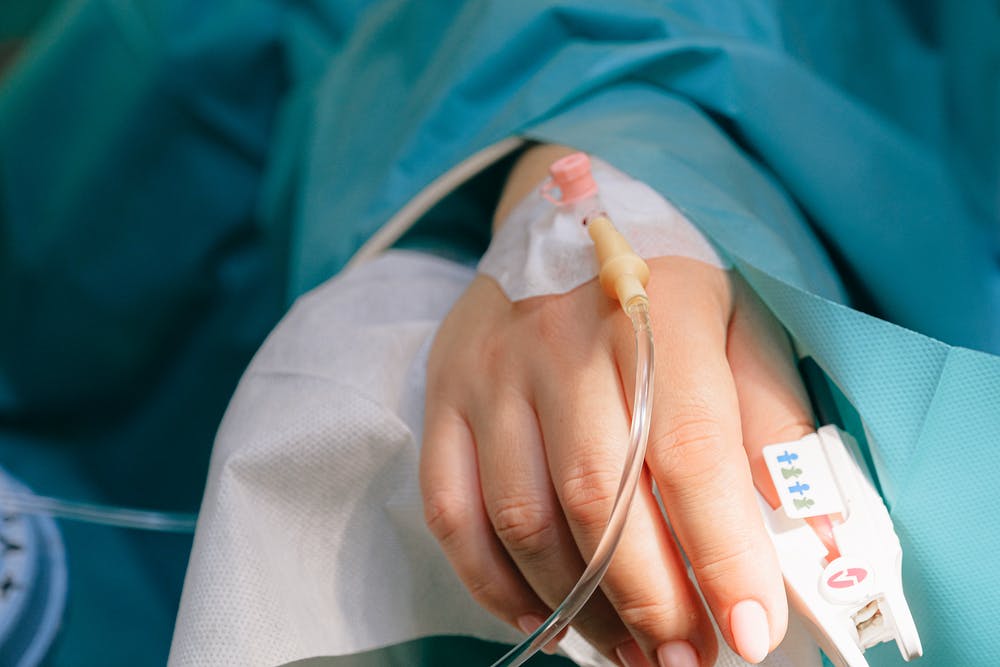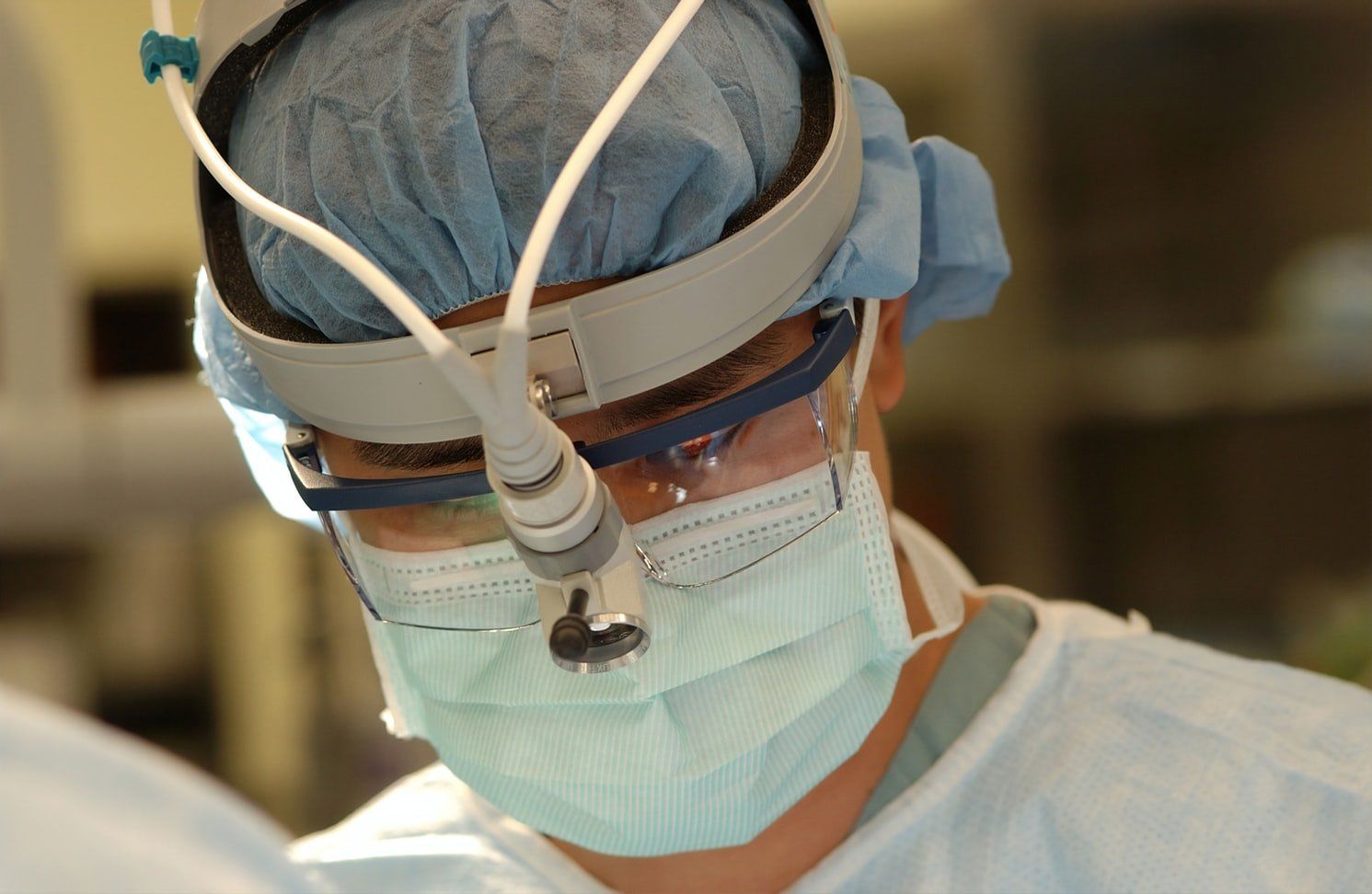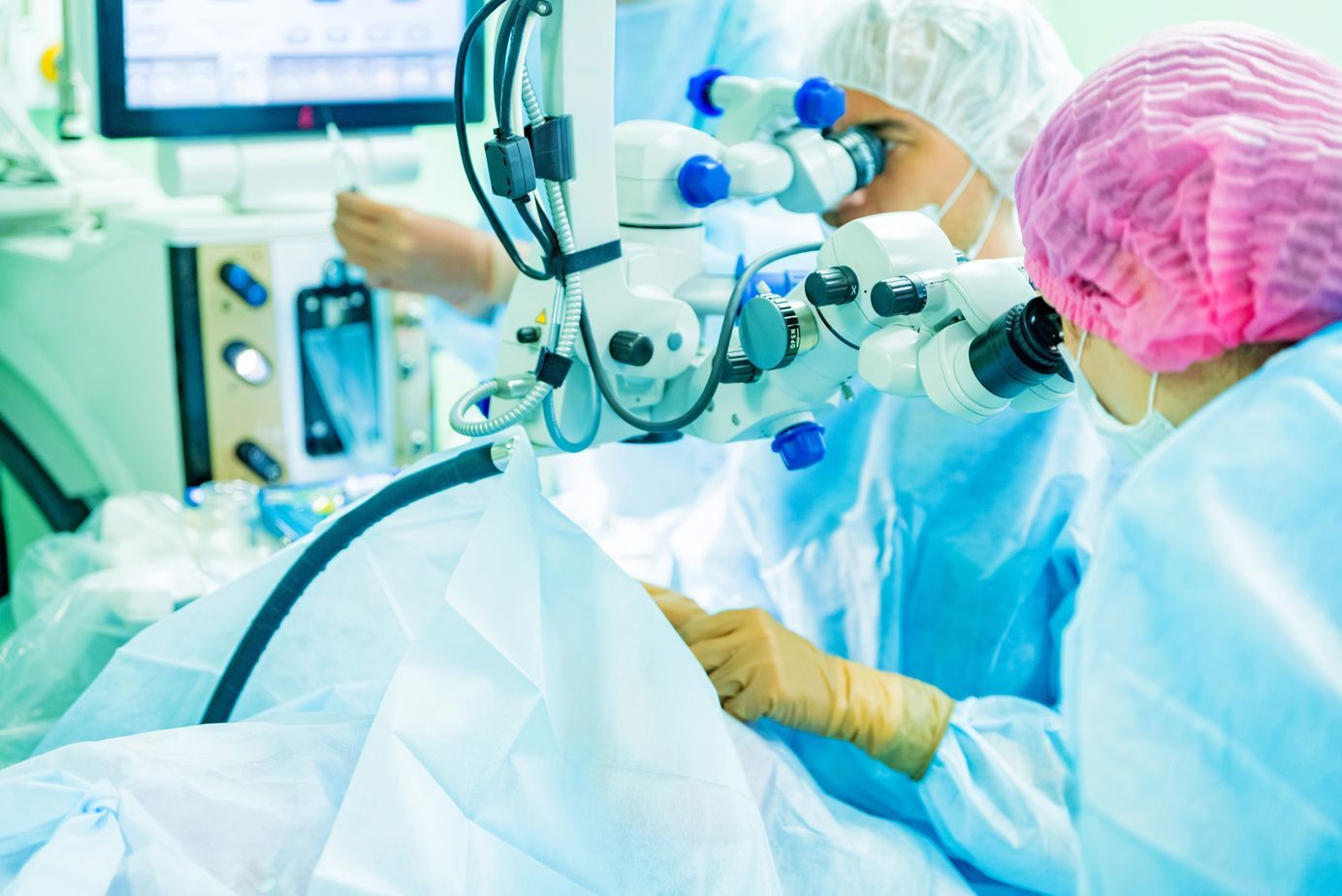Endoscopic Sleeve Gastroplasty: Conditions Can It Treat
Endoscopic sleeve gastroplasty offers a long-term solution for people wanting to lose weight. Although the minimally invasive weight loss procedure promises a better figure, did you know that it can also aid in other health conditions connected to weight? By limiting how much a person can eat, the procedure can lead to a stable weight loss that can benefit other issues associated with being overweight or obese.
1. Heart Diseases and Stroke
Obesity is often linked with various heart diseases. It is a condition that changes the cholesterol levels in the body, causing a spike in bad triglycerides yet lowering good high-density lipoproteins (HDL). Being overweight is often linked to hypertension and an enlarged left ventricle which increases the risk for heart failure.
A person experiencing heart disease linked to their weight may experience chest pains, chest tightness, chest pressure, and chest discomfort. The symptoms may also include shortness of breath, pain, numbness, weakness, or coldness in the legs or arms due to narrowing of the blood vessels in the area. Other signs can manifest as pain in the neck, jaw, throat, upper abdomen, or back.
A person at risk for heart disease and stroke can lose weight and evade heart failure or heart attack through endoscopic sleeve gastroplasty. Along with the weight loss, the bad cholesterol in their body will also drop at a manageable and safe rate in the body.
2. Non-Alcoholic Fatty Liver Disease
Non-alcoholic fatty liver disease (NAFLD) is an umbrella term for various liver conditions affecting people who drink little to no alcohol. In the United States, it is the most common form of chronic liver disease—affecting one-quarter of the population. Experts are unsure of why some people accumulate liver fat while others do not.
However, it is often caused by being overweight or obese, insulin resistance, high blood sugar levels, and high levels of fat—which are all avoidable by losing weight. Through endoscopic sleeve gastroplasty, overweight patients can attain sustainable weight loss results and get relief from NAFLD.
3. Obstructive Sleep Apnea
Do you snore too loud during sleep? Are you waking up with a dry mouth? Do you gasp for air during sleep? If you answered yes to all of these questions, you might have obstructive sleep apnea (OSA). OSA is the most common form of sleep apnea where the throat muscles of a person obstruct their breathing, causing them to snore too loud, gasp for air, wake up with a dry mouth, and even have a morning headache.
The disorder is more common in males, especially those with weight problems. If left unattended, OSA can lead to high blood pressure or heart problems due to the drops in oxygen during sleep. Since it’s usually caused by excessive weight, shedding a few pounds through endoscopic sleep gastroplasty can lessen the chances of developing OSA.
4. Type 2 Diabetes
Type 2 Diabetes is another condition linked to being too heavy or obese. The body becomes resistant to insulin and ends up not using the hormone effectively. Over time, excessive insulin production in the pancreas may lead to a complete stop in producing the hormone overall. The instance leaves our body’s cells starved for energy.
Type 2 Diabetes can be treated by eating healthy. A person experiencing an increase in their insulin levels should eat foods rich in fiber and healthy carbohydrates. Fruits, vegetables, and whole grains can help stabilize the blood glucose levels in the body. It’s also vital for patients with Type 2 Diabetes to lose weight by exercising and to keep their hearts healthy.
However, if none of these solutions work for you, endoscopic sleeve gastroplasty can aid by providing a long-term solution for keeping your body weight in check.
Conclusion
Endoscopic sleeve gastroplasty can be the answer for people who have trouble achieving their goal weight. As enticing as the results are, not everyone is an ideal candidate for the procedure. Consult your doctor for advice on your candidature.
Michel Kahaleh Gastroenterologist offers interventional gastroenterology for the patients in New Brunswick, NJ, and surrounding areas. Led by Dr. Michel Kahaleh and his fantastic team of Gastroenterologists, our goal is to provide exceptional quality services and healthcare at all times. Request a consultation online or visit our clinic today.

